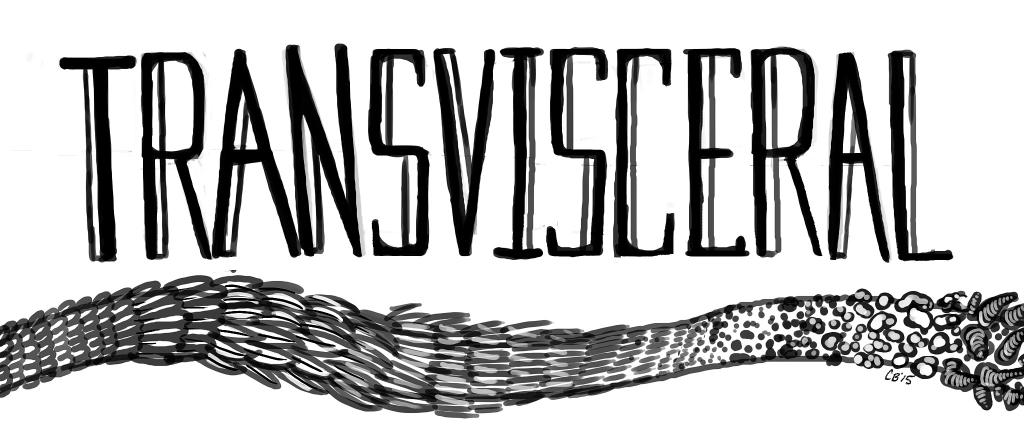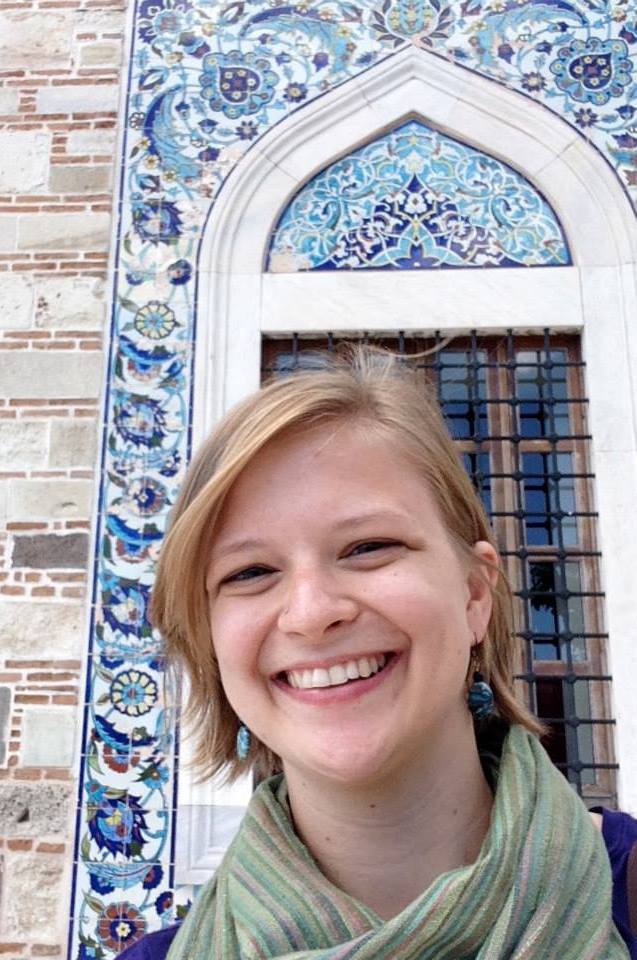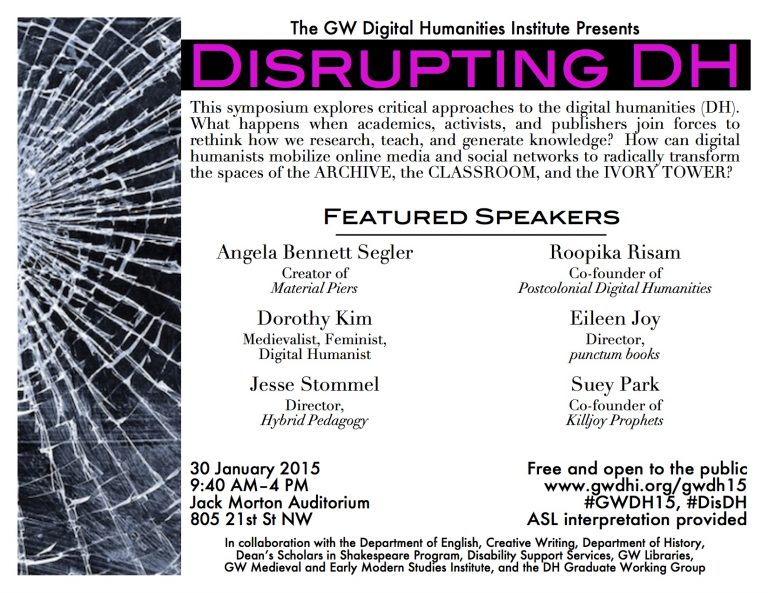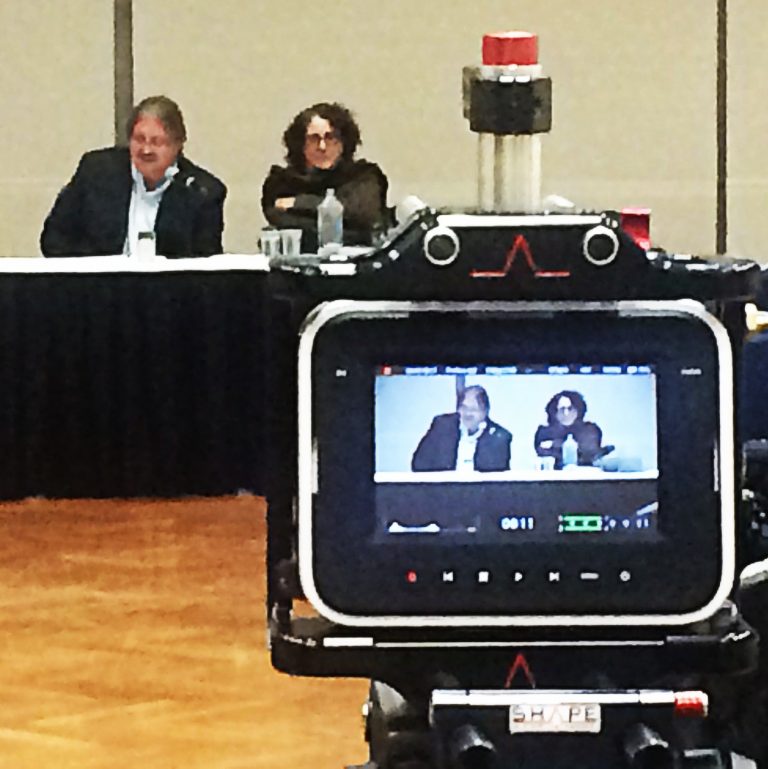GWEGSA Symposium: “Transvisceral” (#GWEGSA15 tweets)

More information on the “Transvisceral” Symposium can be found on the event website.

More information on the “Transvisceral” Symposium can be found on the event website.

In what senses might AI be theorized as a type of RenAIssance technology of re-generation that connects early modern thoughts on mind-body and modern models of ideation? Submit your proposal for our panel on RenAIssance Studies: Techne, Technicity, and Artificial Intelligence at the RSA in Boston, March 20–22, 2025

A Historical Mapping of Women’s, Gender, and Sexuality Studies Around the Globe Speaker: Clara Montague Monday, March 7, 2022, from 3: 45 pm to 4:30 pm EST on Zoom. Meeting ID: 757 446 5504 This event is part of our Women’s History Month celebrations and helps us mark International Women’s Day! Clara Montague is a…

GW Digital Humanities Symposium 2015: DISRUPTING DH Date: Friday, January 30, 2015 Time: 9am – 4pm (with coffee breaks, followed by reception) Venue: Jack Morton Auditorium (805 – 21st Street NW, First Floor) This symposium explores critical approaches to the digital humanities (DH). What happens when academics, activists, and publishers join forces to rethink how we research, teach,…
What is missing from the current debate are insights from performance studies. Since ChatGPT remixes statistically most likely combinations of words, its outputs are in fact a form of theatrical performance. It draws on users’ prompts and the publics’ collective memories to produce improvised performances, within specific parameters, for its user-audiences.

Call for Proposals:2nd Annual GW Digital Humanities Showcase February 20, 201512:30pmGelman Library, Room 702 Hosted by GW Digital Humanities Institute & GW Libraries Are you launching a Digital Humanities (DH) project and figuring out the next steps? Do you want to meet other people in GW who are interested in how the arts and humanities…

Throughout the month of October, the Digital Humanities Institute was proud to co-sponsor a series entitled “Private Bodies/Public Encounters: Disability Comes of Age at GWU” [access the series flyer here and more info on our Facebook page]. This series featured award-winning novelist/playwright Susan R. Nussbaum, Krip Hop artist/activist/scholar Leroy F. Moore, Jr., and filmmaker Patricia Berne. Pushed…